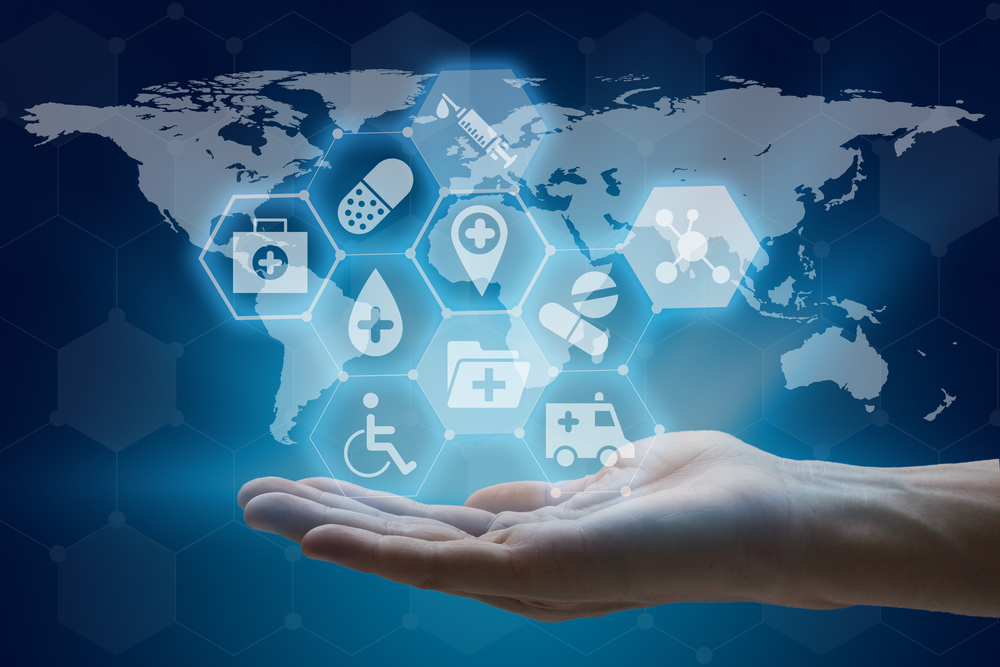
Global health security may need an overhaul.
That’s how Kathryn Bouskill, a social scientist at the RAND Corporation and associate director of the RAND Center for Global Risk and Security, sees the future of the discipline.
In her recently published paper ‘Global Health and Security: Threats and Opportunities’, Bouskill argues that the traditional ways in which society has defined health security — confined to bioterrorism and containing infectious disease — do not encompass the complexities of global health and the contemporary ways needed to protect it at national levels.
“We need to expand the definition of global health security to account for the emergence of new technologies as well as how we’re going to safeguard our bioeconomy against potential threats,” Bouskill said.
There’s the challenge of leveraging new technologies such as the Internet of Things, artificial intelligence, and big data, while combating the risks of novel technologies used for nefarious purposes. Emerging technologies are pervasive and mostly low cost. These attributes make data manipulation in the form of health data security breaches more likely and would have implications beyond health concerns. Bouskill says: “This phenomenon, in turn, complicates surveillance and control as the power of these technologies becomes more diffuse.” She cites the case of Chinese scientist He Jiankui, who allegedly used CRISPR gene-editing technology to alter the genome of twins, as violating ethics and scientific norms. It also demonstrated the “growing accessibility of disruptive technologies.”
In her paper, Bouskill asks which nations and organizations are equipped to regulate such technological reach at the international level? And which groups will fund programs to address these new areas of defense?
It may begin with the efforts of members of the Global Health Security Agenda (GHSA), whose mission is to encourage nations to make concrete commitments to international health security. The United States has invested $1 billion to support the agenda. The GHSA has “reinforced a longstanding call from public health officials to standardize health security measures and improve interagency communication during a time of crisis.” However, the experts Bouskill and her colleagues interviewed said there was still tepid political will to enforce such an agenda. When it comes to policy, infrastructure, and resources, there have not been noteworthy gains in support for health security in the last four years. Part of the problem is sporadic funding often tied to election cycles and acute threats and not to long-term, sustained financial backing for future health security, according to the researchers.
Other issues Bouskill and her colleagues raise are the “slow burn” factors that affect public health but aren’t being accounted for in the traditional definition of global health security. Slow burn concerns are threats that may receive insufficient attention until it’s too late to change course or repair the damage.
One such problem is the burden of mental and behavioral health issues such as depression, considered the largest cause of disability worldwide. Societies can become destabilized by mental health and chronic disease concerns. Bouskill writes that in the United States “the incremental economic burden of major depressive disorders increased by more than 20 percent between 2005 and 2010, from $173.2 billion in 2005 to $210.5 billion in 2010.” Another example is prescription opioid misuse, which results in an estimated $42 billion annually in lost U.S. workplace productivity.
However, Bouskill cautions there are some limitations to a broader definition of global health security, as expansive security implies a constant state of readiness without necessarily a defined target. In addition, excessive readiness could serve as counterproductive for certain threats.
Take antimicrobial resistance (AMR) as an example. The overprescribing of antibiotics is viewed as a defensive strategy gone awry, rendering them ineffective for future generations, Bouskill says. By 2050, AMR-related deaths could outpace other major causes of mortality, including cancer.
“The more expansive you make this definition of global health security the harder it can be to have these targeted approaches,” she added.
Ultimately decision-makers will be forced to make trade-offs between “resource allocation and challenges with respect to the rapid spread of disruptive technologies, demographic shifts, cyber warfare, climate change, and the dislodging of global governance power structures.”
“So many of the threats to health security ignore borders. We’re only as healthy as our least healthy country on the planet,” Bouskill said. “Because if one country is at risk, we are all at risk.”




